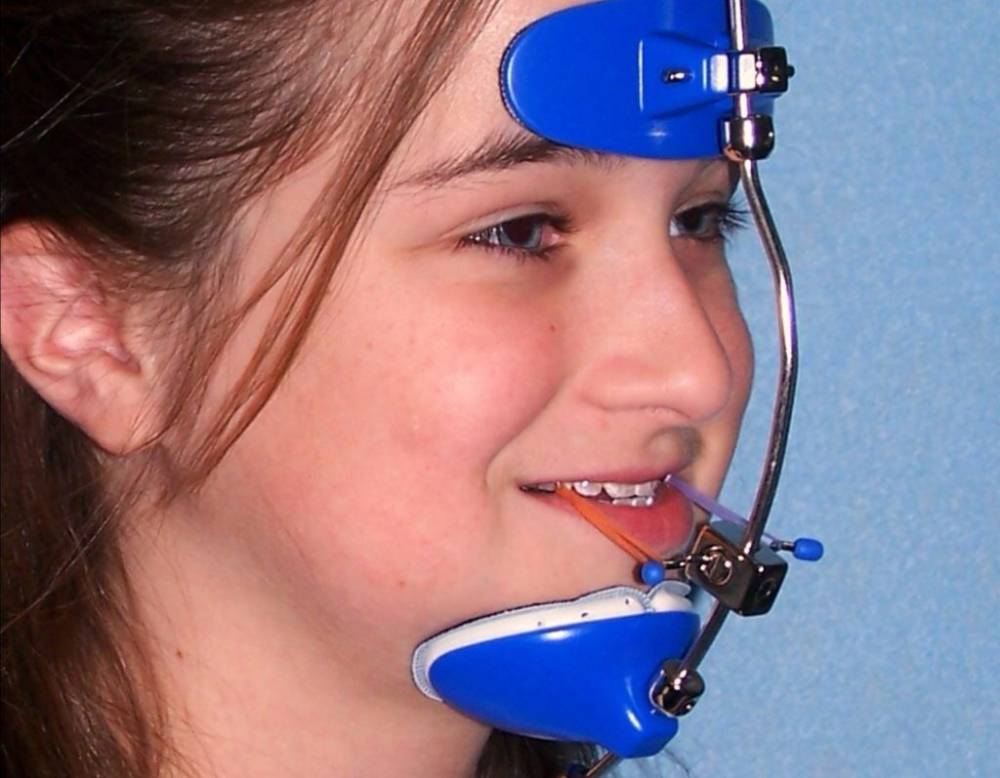What Results Can You Expect From Dental Headgear
Author : Dentalclinic | Published Date : 25-08-13
When starting orthodontic treatment, one of the most common questions patients have is, what results can you expect from dental headgear? This specialized orthodontic appliance can deliver transformative outcomes for bite alignment, jaw positioning, and overall facial harmony. The final result depends on the type of headgear, how consistently it is worn, and whether it’s paired with other treatments like braces. By understanding how dental headgear works and what realistic improvements to expect, you can approach treatment with confidence and motivation.
What is treatment and how it works?
Dental Headgear in Dubai is an external device that applies gentle yet consistent pressure to guide the movement of teeth and jawbones. It works in partnership with braces or other orthodontic appliances to address issues like overbites, underbites, and misaligned jaw growth.
Its working principle is based on redirecting the forces applied to the teeth and jaws in specific directions over time. This can result in:
-
Shifting the upper or lower jaw into better alignment
-
Creating space for incoming teeth
-
Reducing the severity of malocclusion without invasive methods
The force is distributed through straps, hooks, and a facebow or facemask, applying targeted tension to move teeth and jaw structures gradually.

Importance of treatment and expected changes:
The results from dental headgear can be significant when worn as prescribed. Key changes often include:
-
Improved bite alignment, reducing strain on teeth and jaw joints
-
Enhanced facial symmetry and profile balance
-
Better distribution of chewing forces for long-term oral health
Patients often notice early changes within a few months, such as reduced overjet or improved comfort when closing their mouth. Over the course of treatment, which may last from 12 to 18 months, these changes become more pronounced and permanent.
Types of treatment and variation in results:
Not all types of dental headgear produce the same outcomes—different designs target different orthodontic needs:
-
Cervical Pull Headgear – Primarily moves upper molars backward, reducing overbites.
-
High-Pull Headgear – Controls upward and backward growth of the upper jaw, useful for vertical growth problems.
-
Combination Pull Headgear – Applies forces in both upward and backward directions for balanced correction.
-
Reverse-Pull Facemask – Encourages forward growth of the upper jaw, often used for underbites.
-
J-Hook Headgear – Targets specific teeth for fine-tuning during later treatment stages.
The right choice of appliance will greatly influence the specific results you can expect, which is why a thorough orthodontic assessment is essential before starting.
Preparation and aftercare for optimal results:
To get the best results from Dental Headgear, preparation and ongoing care are critical:
Before starting treatment:
-
Undergo a full orthodontic evaluation including bite analysis and X-rays
-
Understand the expected duration and daily wear time requirements
-
Learn proper application and removal techniques to avoid injury
During treatment:
-
Wear the headgear for the prescribed number of hours daily—often between 12 and 14 hours
-
Keep the appliance clean to avoid skin irritation and maintain hygiene
-
Store the headgear in a protective case when not in use
After treatment:
-
Follow retention protocols, which may include night-time wear for a period
-
Continue regular dental check-ups to ensure results are stable
-
Maintain good oral hygiene to protect newly aligned teeth and bite
Ideal candidate, risks, and benefits:
Ideal candidates for achieving strong results with dental headgear include:
-
Children and teens whose jaws are still growing
-
Patients with moderate jaw misalignment or crowding
-
Individuals committed to following wear time instructions
Risks and limitations:
-
Limited effectiveness in adults where jaw growth is complete
-
Potential for temporary discomfort or skin irritation
-
Requires high compliance for results to be achieved
Benefits:
-
Non-invasive correction of jaw and bite issues
-
Potential avoidance of surgical interventions
-
Improved bite function and long-term oral stability
-
Aesthetic enhancement of facial proportions
FAQs and conclusion:
How soon will I notice results?
Some changes can be seen within weeks, but major improvements usually take several months.
Can dental headgear fix all bite problems?
No—its success depends on the type of malocclusion and the patient’s age. Severe skeletal issues may need additional treatment.
Does dental headgear change facial appearance?
Yes, in many cases it improves facial balance by influencing jaw position and tooth alignment.
Is wearing it painful?
Mild discomfort is normal at the start but usually subsides as you adapt.
Do I have to wear it every day?
Yes, consistency is key to achieving and maintaining the desired results.
In conclusion, what results can you expect from dental headgear depends on your individual orthodontic needs, the type of appliance used, and your commitment to the treatment plan. From correcting jaw position to enhancing facial harmony, dental headgear can deliver impressive, lasting improvements when worn as directed. For those who start treatment early and follow instructions closely, the results can be both functional and aesthetic, creating a healthier bite and a confident smile that lasts a lifetime.

